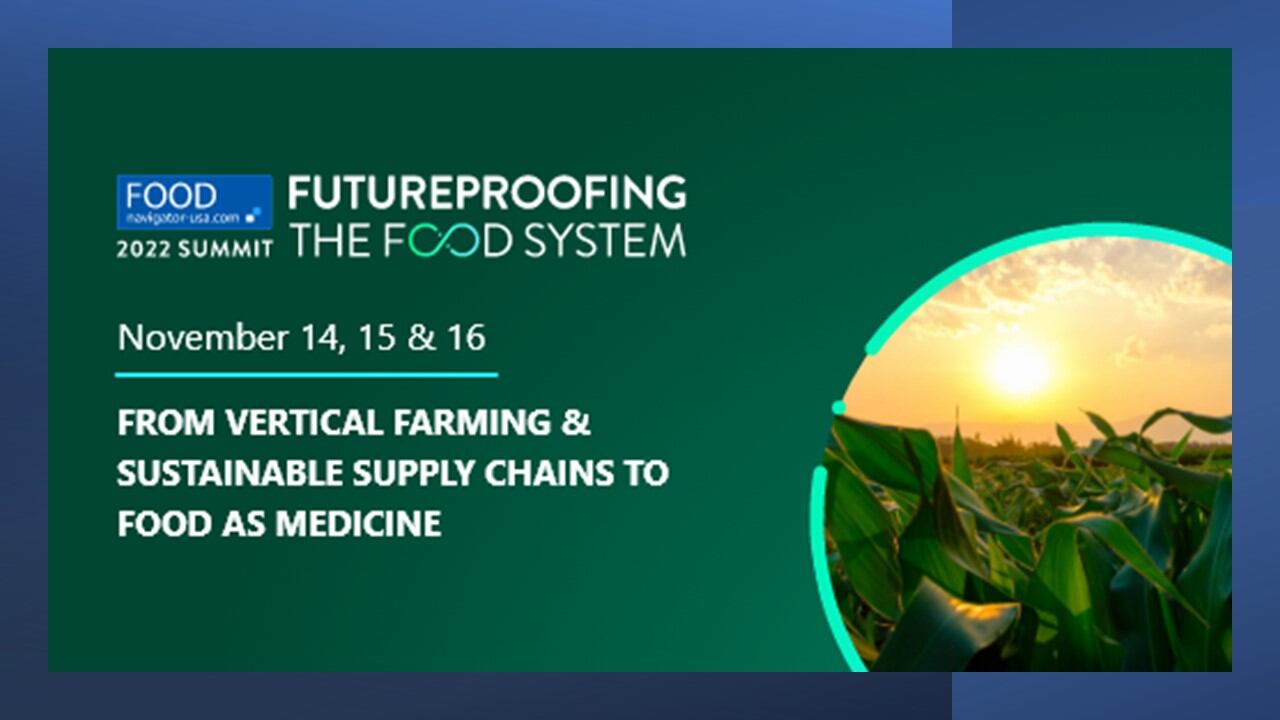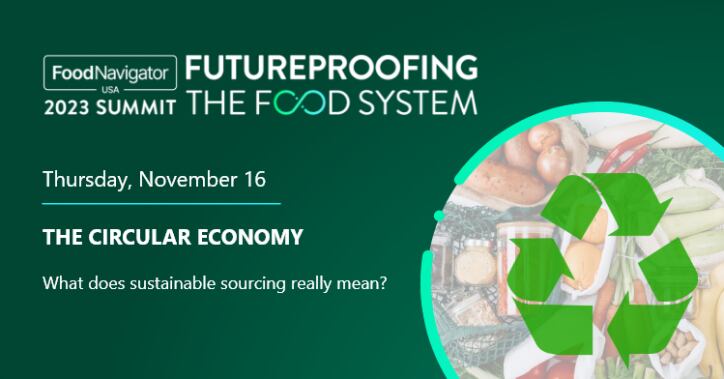In the opening session of FoodNavigator-USA’s Futureproofing the Food System Summit this week, frontrunners in cultivated meat, precision fermentation, molecular farming and plant- and fungi-based protein production shared recent successes, and how they are rising to meet and overcome hurdles.
According to the panel, among the most pressing challenges are capacity limitations which are compounded by the ongoing capital squeeze, limited consumer awareness and inflation, which panelists say must be addressed in parallel given how they are interrelated.
They also stressed that each challenge is surmountable, but some may take more time than others to overcome.
Challenges facing alternative protein production are ‘all doable, all hard’
For example, after more than decade of innovation and negotiation, two cultured meat companies this year received a greenlight by FDA and USDA to sell cultivated chicken in the US – a milestone that is worth celebrating but is also slightly overshadowed by high prices and limited availability due to capacity constraints.
Josh Tetrick, co-founder and CEO of Eat Just, the parent company of GOOD Meat, which began serving its cultured chicken at a restaurant in Washington, DC, this year, extolled the potential of cultivated meat as one of the “most compelling approaches to getting people off the industrialized animal protein that really infects our food system today to something better.”
But, he added during the discussion, “the challenge with it today is it is very expensive. It is very capital intensive, and there are a number of technical and engineering challenges” that must be addressed before it can be consumed by more people at a more affordable price.
These include building larger production facilities, lowering the cost of feed or media needed to cultivate meat and increasing cell density per run – all of which will “require a lot” of funding, “but a lot less than I think the current projections would tell you.”
Still, he said, it is “all doable, all hard” and it “starts with a single restaurant.”
Celebrating early wins can help win over more consumers, drive trial long-term
Celebrating early wins, like serving cultivated chicken or animal-free cheese at a single restaurant, also is important for engaging consumers early in the innovation process so that when capacity is available and alternative proteins from a variety of production processes come to market they are not only excited to try something new, but also comfortable with it, added Irina Gerry, CMO at Change Foods, which leverages precision fermentation to create real dairy and proteins minus the animals.
To do this “we need to collaborate with the food ecosystem players, that means large food companies, large ingredient companies, distribution companies, retailers. And we also need to start talking to end consumers” about why alternative production methods are important, because “most of them, sadly, are not aware about this connection between food and climate,” she added.
Are alternative proteins companies held to a higher standard that animal agriculture?
Further complicating the challenges of winning over consumers and investors is a double-standard for how business performance is measured between alternative protein companies and those in traditional agriculture, argued Paul Shapiro, CEO and co-founder of The Better Meat Co.
This, he added, obfuscates the real business threat – inflation – which must be addressed for long-term success.
He explained the negative headlines criticizing a slowdown in alternative meat sales post-pandemic give the impression that the industry is “relatively flatlining,” but if looked at as a “steady 10% year on year increase over the past few years people would think this industry is actually going gangbusters with double-digit growth.”
He also lamented that journalists have not characterized slaughterhouse closings the same way they have the slowdown in plant-based meat sales.
If they had, he said, they “would be referring to it as an extinction level event.”
He argued if the alternative protein industry were viewed more holistically and measured by the same standards as animal agriculture then investors likely would “feel some level of greater enthusiasm in space.”
To learn more about how the alternative protein segment is performing and how stakeholders in the space are overcoming challenges and driving consumer awareness, check out on demand the full panel discussion “Delivering on the promise of cellular agriculture, precision fermentation and molecular farming to create more sustainable proteins,” which was a part of FoodNavigator-USA’s Futureproofing The Food System Summit. Registration is free and easy to watch the event, and full summit, on demand.




